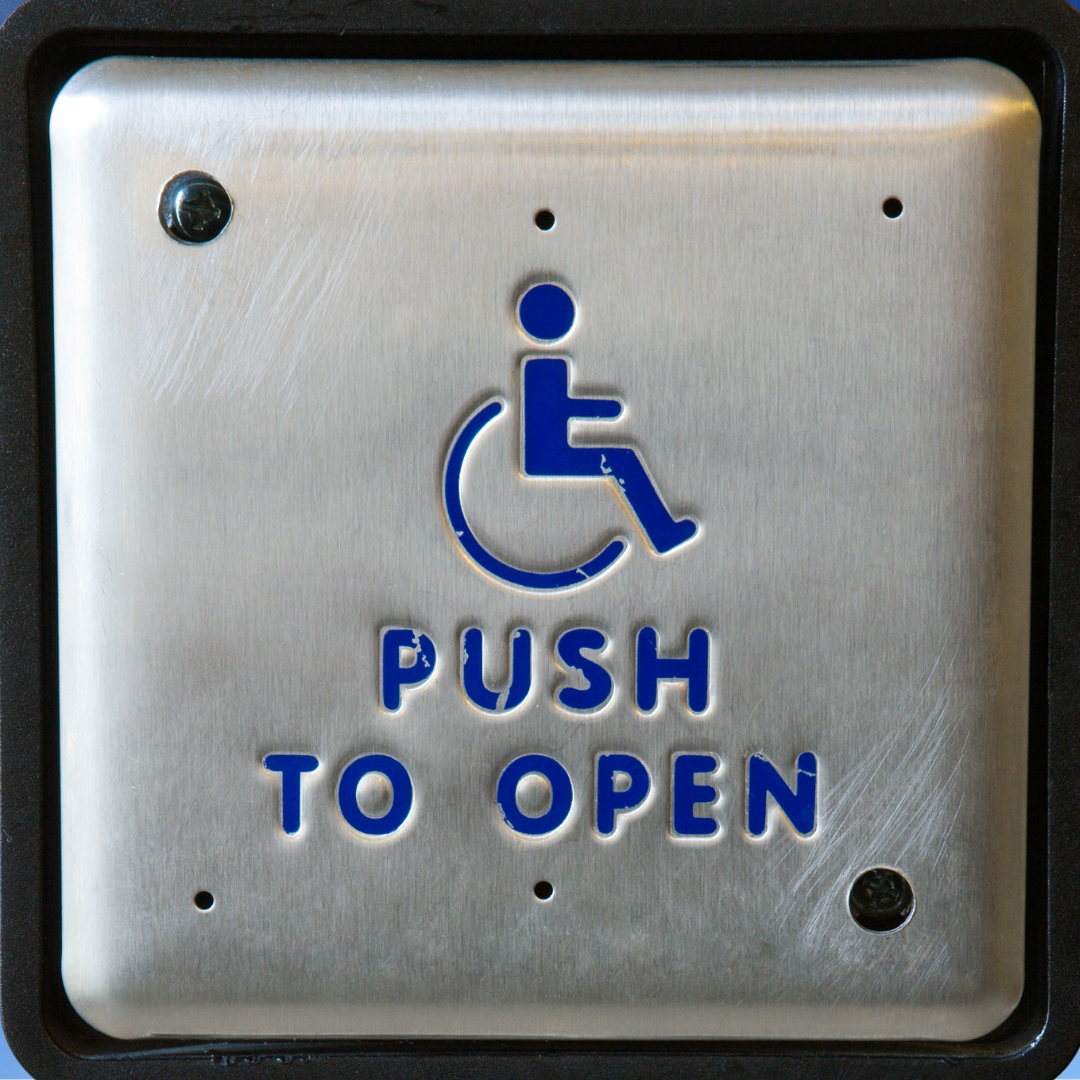Can a mortgage lender inquire about your disability status?

Short Answer:
A person's disability status is not typically a question that a mortgage lender should be asking. If you are trying to use disability-related income to qualify for a mortgage, a lender may ask if the disability income is from short-term or long-term disability insurance. The question is being asked for the stability of the income stream. In addition, some states have down payment assistance programs tailored to people or families with children with disabilities that might require a declaration of a disability to qualify.
Longer Answer:
When applying for a loan, you might be concerned about the type of personal information lenders can request. One common question is whether a lender can inquire about your disability status. Understanding your rights and the legal framework surrounding this issue is crucial for navigating the loan application process confidently.
Legal Protections: Fair Housing Act and Equal Credit Opportunity Act
In the United States, two primary laws protect individuals from discrimination based on disability status in lending: the Fair Housing Act (FHA) and the Equal Credit Opportunity Act (ECOA).
- Fair Housing Act (FHA): This act prohibits discrimination in housing-related transactions, including mortgage lending, based on race, color, national origin, religion, sex, familial status, or disability. Under the FHA, lenders cannot ask about your disability status or use it as a factor in determining your loan eligibility.
- Equal Credit Opportunity Act (ECOA): The ECOA prohibits discrimination in any aspect of a credit transaction based on race, color, religion, national origin, sex, marital status, age, or because you receive public assistance. This means lenders cannot inquire about your disability status or use it to influence their lending decisions.
What Lenders Can and Cannot Ask
While lenders are prohibited from asking directly about your disability status, they are allowed to ask questions related to your financial situation to assess your ability to repay (ATR for short) the loan. For example, they can inquire about your income, employment status, and credit history. These questions are standard for all applicants and are not discriminatory.
If you receive disability income and would like to use that income to qualify for a mortgage, lenders can ask for documentation to verify this income, just as they would for any other source of income. The questions and documentation needed is to prove that the income will last for at least 3 years to be considered stable.
Maryland HomeAbility Mortgage Program
For individuals with disabilities in Maryland, the Maryland HomeAbility Mortgage Program offers an excellent opportunity to achieve homeownership. This program is specifically designed to assist low- to moderate-income homebuyers who have disabilities or who have a family member with disabilities living with them.
- Eligibility: Open to people looking to buy a primary residence in Maryland. To qualify, applicants must meet certain income limits and credit requirements.
- Benefits: The Maryland HomeAbility Mortgage Program offers competitive interest rates, down payment assistance, and flexible underwriting criteria to accommodate the unique financial situations of individuals with disabilities.
- Limited Funds: The program has been around for a few years, but has a limited amount of funding each year.
- Application Process: Interested applicants should contact a participating lender to begin the application process. The lender will guide you through the necessary steps and help you gather the required documentation.
Conclusion
Lenders are not allowed to inquire about your disability status or use it as a factor in their lending decisions. The Fair Housing Act and the Equal Credit Opportunity Act provide strong protections against such discrimination. The only time a question about a disability can be asked is regards to income from disability related insurance.
In addition, questions about a borrower's disability related status may be asked to qualify for programs like the Maryland HomeAbility Mortgage Program, which can provide down payment assistance to individuals with disabilities seeking homeownership.
—
This blog is for informational purposes only. Make sure you understand the features associated with the loan program you choose, and that it meets your unique financial needs. Subject to Debt-to-Income and Underwriting requirements. This is not a credit decision or a commitment to lend. Eligibility is subject to completion of an application and verification of home ownership, occupancy, title, income, employment, credit, home value, collateral, and underwriting requirements. Not all programs are available in all areas. Offers may vary and are subject to change at any time without notice. Should you have any questions about the information provided, please contact me.
